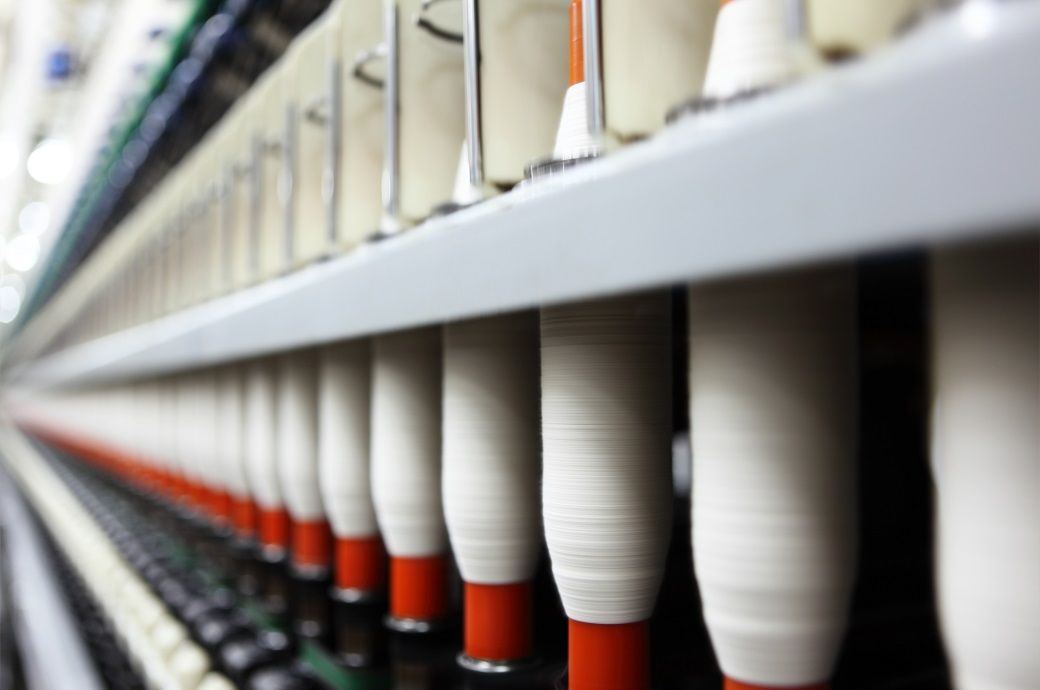
Representatives from Tamil Nadu's spinning mills recently addressed the media in Coimbatore, explaining their predicament in the current global scenario. S Jagadesh Chandran, secretary of the South India Spinner Association (SISA), G Subramaniam, president of the Indian Spinning Mill Owners Association (ISMOA), Jayabal, president of the Recycle Textile Federation (RTF), and G Arulmozhi, president of the Open End Spinning Mills Association (OESMA), jointly expressed their concerns. They highlighted that the global economic recession has impacted yarn and fabric exports, flooding the domestic market with yarn sold by exporters.
"The spinning mills are unable to obtain a suitable price for the yarn and are incurring significant losses. Traders are refusing to purchase yarn produced by over 1,500 spinning mills in Tamil Nadu alone," stated industry representatives. They further noted that the import of yarn and fabric from China, Vietnam, and Bangladesh at lower prices has also compounded the problems. The mills are already operating at low capacity utilisation, and if this uncertainty persists, it may jeopardise the spinning industry's sustainability.
The industry representatives emphasised that the mills are facing substantial losses of about ₹20-25 per kg in yarn production, as cotton yarn prices do not commensurate with the costs involved. Consequently, the mill owners have decided to run the mills at 50 per cent capacity. However, if the situation continues, they are considering complete shutdowns. Although cotton prices are currently at a comfortable level, the higher bank loan interest rates, electricity charges, and increased labour wages have significantly escalated production costs.
They appealed to the central government to reduce the bank interest rate back to the previous level of 7.75 per cent, promote yarn exports, and restructure outstanding short-term loans under the Emergency Credit Line Guarantee Scheme (ECLGS). Additionally, they requested a six-month loan repayment holiday period and a seven-year repayment period. The industry also urged the state government not to raise electricity tariffs, encourage green energy by providing a 15 per cent capital subsidy, abolish rooftop solar network charges, and revert to the previous rate of demand charges.
Meanwhile, cotton yarn traders expressed uncertainty regarding the purchasing decisions of garment brands and retailers, resulting in a slowdown in the garment and fabric industry. Garment manufacturers are facing pressure from brands and retailers to lower prices. A trader from Tiruppur warned that if demand does not recover soon, spinning mills may have to cease production entirely. The current situation raises concerns about industrial distress.
Fibre2Fashion News Desk (KUL)